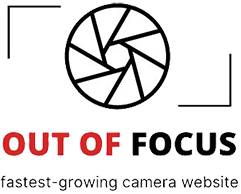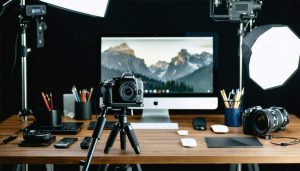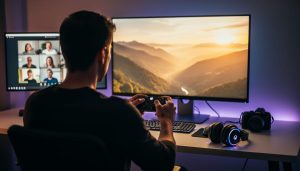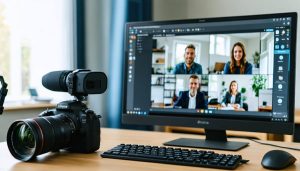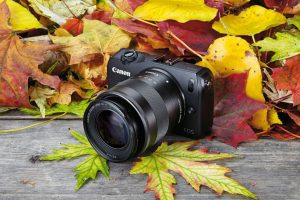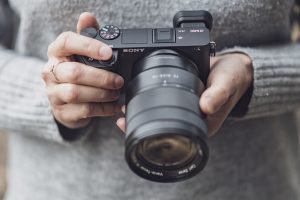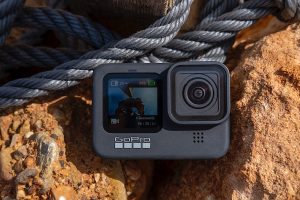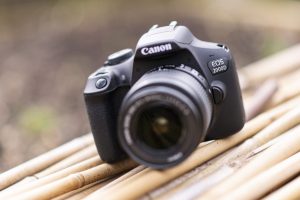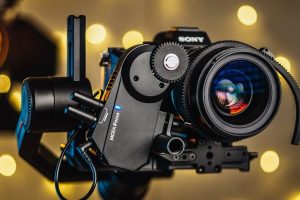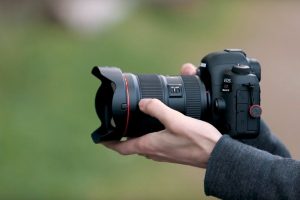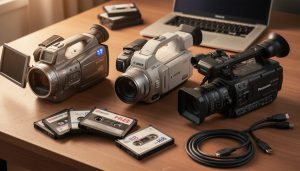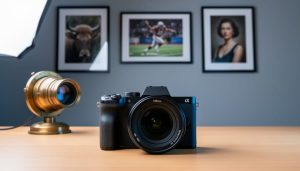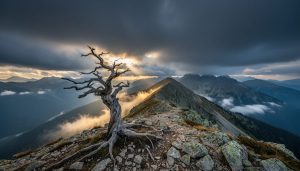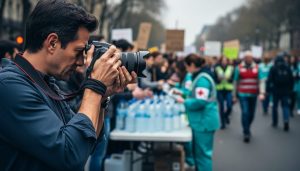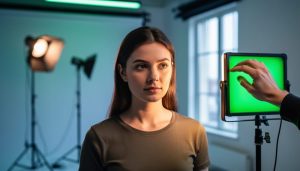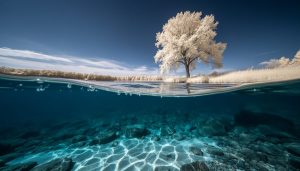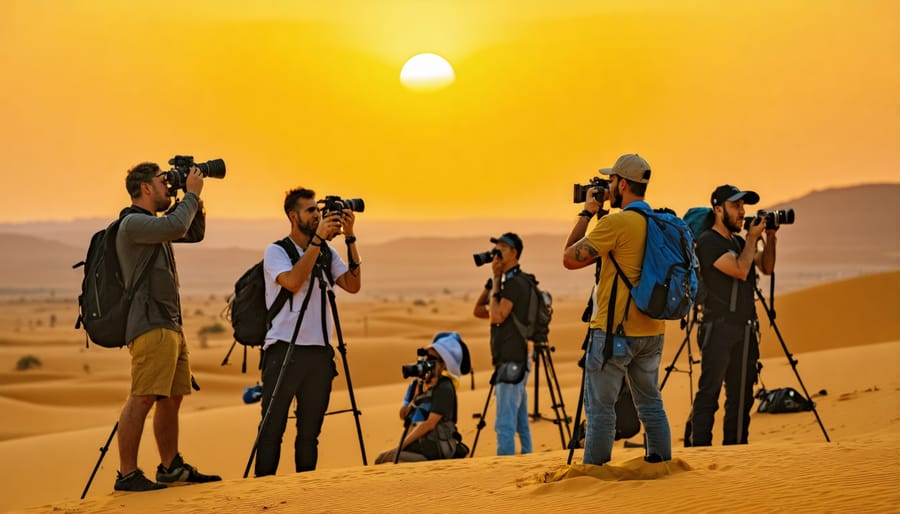
Transform your photography passion into an immersive learning adventure through expertly guided travel workshops. Master composition techniques while capturing sunrise over Moroccan deserts, perfect your exposure settings in Iceland’s ethereal landscapes, or develop your storytelling skills documenting local life in Southeast Asian markets. These hands-on experiences combine technical instruction, creative exploration, and connecting with other photographers who share your vision.
Unlike solo travel or standard tours, photography workshops provide structured learning with professional mentors who know exactly when and where to capture iconic locations in their best light. You’ll gain insider access to hidden shooting locations, receive real-time feedback on your technique, and learn to overcome common challenges like harsh midday sun or unpredictable weather conditions.
Whether you’re an enthusiast ready to elevate your craft or a professional seeking fresh perspectives, these workshops offer a unique blend of adventure, education, and creative growth. The skills you develop will transform not just your portfolio, but your entire approach to visual storytelling.
What Makes Photography Travel Workshops Special
Learning in Real-World Settings
Learning photography in the field offers an unparalleled experience that classroom settings simply can’t replicate. While traditional classes and photography community events provide valuable foundational knowledge, real-world settings present dynamic challenges and opportunities that push your skills to new heights.
Imagine capturing the golden light of sunrise in Tuscany, where you must quickly adjust settings as the light changes by the second. These moments teach you to think on your feet and make split-second decisions about composition, exposure, and timing. The unpredictable nature of weather, lighting conditions, and subject movement forces you to become more adaptable and resourceful.
In real-world settings, you’ll also learn to work with local subjects, navigate cultural considerations, and handle equipment in varying environmental conditions. The immediate feedback from instructors and fellow photographers in these situations helps you grow faster than you would in a controlled environment. Plus, the emotional connection to your surroundings often translates into more compelling, authentic images that tell powerful stories.
Expert Guidance in Exotic Locations
Having a professional photographer as your guide in exotic locations can transform an ordinary photo excursion into an extraordinary learning experience. These experts bring years of experience shooting in challenging environments and understand the unique characteristics of each location, from the best times to capture the golden light over Machu Picchu to the optimal camera settings for Northern Lights photography in Iceland.
Professional guides don’t just lead you to photogenic spots; they help you see familiar scenes through new creative lenses. They can anticipate lighting changes, weather patterns, and local conditions that might affect your shoot, ensuring you’re in the right place at the right time with the right equipment. Many workshop leaders have established relationships with local communities, providing access to otherwise restricted areas or intimate cultural moments that would be impossible to capture on your own.
These mentors offer real-time feedback on composition, exposure, and technical settings while sharing location-specific insights that can’t be found in photography books or online tutorials. Their guidance helps you avoid common pitfalls and maximize every shooting opportunity, whether you’re photographing wildlife in the Serengeti or capturing the bustling streets of Tokyo at dawn.
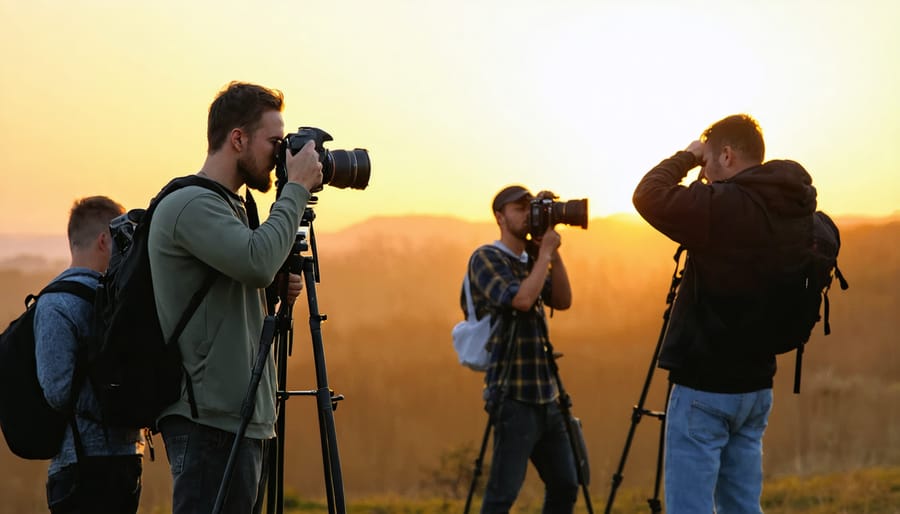
Choosing the Right Workshop Experience
Skill Level Considerations
Matching your skill level with the right photography workshop is crucial for getting the most value from your experience. Most workshops categorize their difficulty levels as beginner, intermediate, and advanced, but these classifications can vary between providers.
Beginner workshops typically focus on camera basics, composition fundamentals, and simple shooting techniques. If you’re still learning to shoot in manual mode or understanding exposure settings, this is your ideal starting point. These workshops often include more structured instruction time and guided shooting sessions.
Intermediate workshops assume you’re comfortable with your camera’s manual settings and basic composition rules. These programs often delve into more complex techniques like long exposures, advanced composition, and specific genre skills like landscape or street photography. You should be able to work independently while still benefiting from instructor guidance.
Advanced workshops are designed for experienced photographers looking to refine their artistic vision or master specialized techniques. These often feature more challenging locations, complex lighting situations, and advanced post-processing instruction. You’ll typically have more creative freedom and receive professional-level critique.
Before booking, carefully review the workshop’s required skill level and equipment list. Many organizers are happy to discuss whether their workshop matches your experience level. When in doubt, choose a slightly lower level – you’ll learn more comfortably and still find plenty of opportunities to challenge yourself.
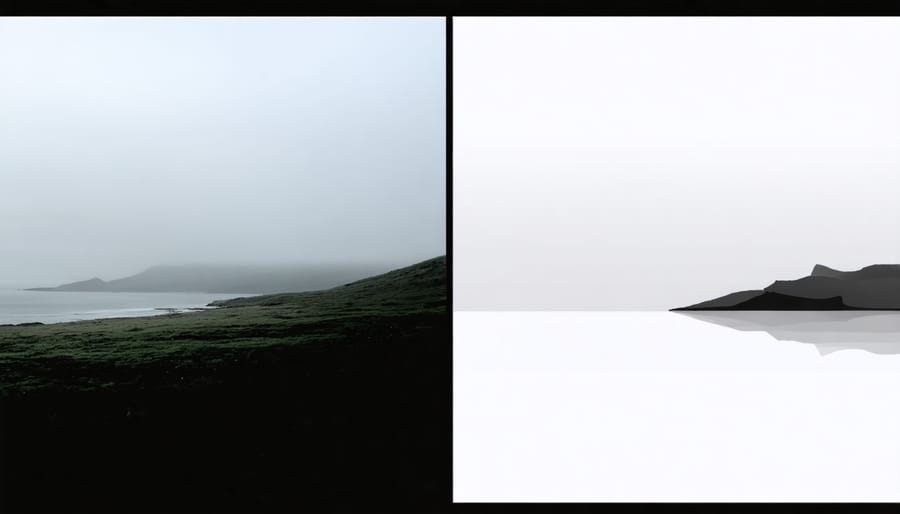
Location and Subject Matter
Choosing the right location and subject matter for your photography workshop can significantly impact your learning experience and portfolio development. Consider destinations that align with your photographic interests, whether that’s capturing dramatic landscapes in Iceland, documenting street life in vibrant Asian cities, or photographing wildlife in African savannas.
Popular workshop destinations often include locations known for their unique lighting conditions, diverse cultural elements, or distinctive natural features. For landscape photographers, locations like New Zealand’s South Island or the American Southwest offer dramatic scenery and varied shooting conditions. Urban photography enthusiasts might prefer workshops in cities like Tokyo, Paris, or New York, where architecture and street photography opportunities abound.
When selecting a workshop, consider the seasonal aspects of your chosen destination. For instance, planning a workshop in Norway during the summer months provides opportunities to capture the midnight sun, while winter visits offer chances to photograph the Northern Lights. Similarly, wildlife workshops should align with migration patterns or breeding seasons for optimal shooting opportunities.
The subject matter should challenge and inspire you while building upon your existing skills. If you’re primarily a landscape photographer, consider pushing your boundaries with a cultural documentation workshop. Alternatively, if you specialize in portraits, a workshop focusing on environmental portraiture in a new cultural context could enhance your portfolio while developing your technical abilities.
Essential Gear and Preparation
Camera Equipment Checklist
Packing the right camera gear for a photography workshop is crucial for a successful experience. Start with your primary camera body and a backup – you don’t want a technical failure to derail your learning opportunity. Include at least two versatile lenses: a wide-angle zoom (16-35mm or similar) and a medium telephoto (70-200mm) are typically essential. If space permits, pack a fast prime lens for low-light situations.
Memory cards are critical – bring more than you think you’ll need and organize them systematically. Pack at least three high-capacity cards per camera body. Include multiple camera batteries and your charger; intensive shooting days can drain power quickly.
Don’t forget your cleaning kit: lens cloths, sensor cleaning supplies, and a rocket blower for dust removal. A sturdy tripod is essential for landscape and low-light photography, while a laptop with sufficient storage space allows for daily image reviews and backup.
Consider your camera bag carefully – it should be comfortable for long days and weather-appropriate. A rain cover for both your bag and equipment is vital. Additional accessories should include polarizing filters, neutral density filters, and a remote shutter release.
Lastly, pack your equipment manual – even experienced photographers sometimes need to reference specific functions. Having everything organized and easily accessible will help you focus on learning rather than hunting for gear.
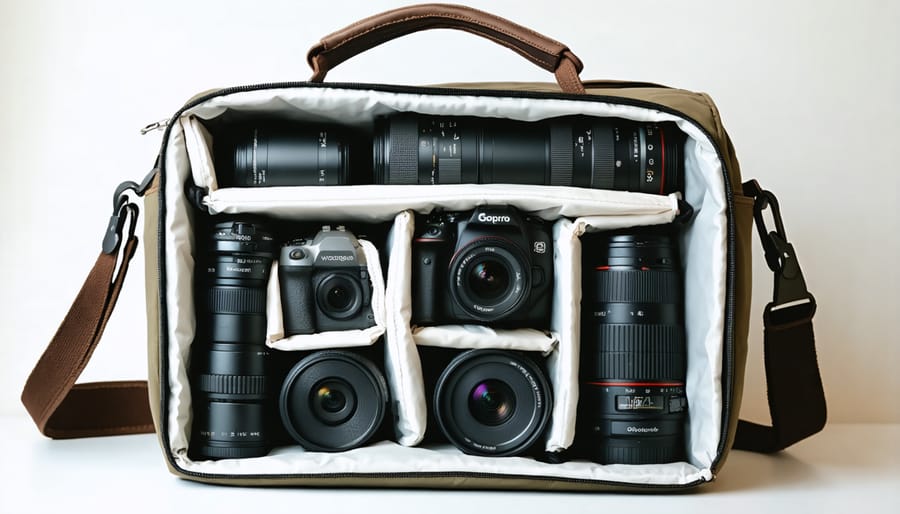
Pre-Workshop Skills to Practice
Before diving into your photography travel workshop, it’s essential to brush up on key skills to maximize your learning experience. Start by mastering your camera’s manual settings – aperture, shutter speed, and ISO should become second nature. Practice adjusting these settings quickly without looking at your camera, as travel and wildlife scenarios often require split-second decisions.
Composition fundamentals are equally crucial. Spend time working with the rule of thirds, leading lines, and framing techniques in your local area. These principles remain constant regardless of location, and having them ingrained will help you focus on capturing unique moments during the workshop.
Work on your pre-visualization skills by studying light and how it changes throughout the day. Practice shooting during golden and blue hours, as many workshops emphasize these optimal lighting conditions. Additionally, familiarize yourself with basic post-processing techniques, as most workshops include editing sessions.
If your workshop involves specific genres like landscape or street photography, practice these styles beforehand. For landscapes, experiment with long exposures and filters. For street photography, work on your quick focusing and discrete shooting techniques.
Finally, ensure you’re comfortable with your equipment’s basic maintenance and troubleshooting. Nothing disrupts a workshop experience more than technical difficulties that could have been prevented with proper preparation.
Making the Most of Your Workshop Experience
Engaging with Instructors
Making the most of your photography workshop means actively engaging with your instructors – they’re there to help you grow and improve. Don’t be shy about asking questions during shooting sessions or requesting clarification about technical concepts you find challenging. Most instructors welcome these interactions and appreciate students who show genuine interest in learning.
During field sessions, take advantage of one-on-one moments with your instructor. Ask them to review your composition before taking the shot, or show them your results afterward for immediate feedback. This real-time guidance can be invaluable for improving your technique on the spot.
Many workshops include evening critique sessions where instructors review participants’ work. Come prepared with specific questions about your images and take notes on the feedback provided. Pay attention to critiques of other participants’ work too – you can learn just as much from these discussions.
Consider maintaining contact with your instructor after the workshop ends. Many are open to mentoring relationships or offering feedback on future work through email or social media. Some even create private online groups where workshop participants can continue sharing images and receiving guidance long after the trip concludes.
Remember, instructors want you to succeed – their reputation depends on your growth and satisfaction with the experience.
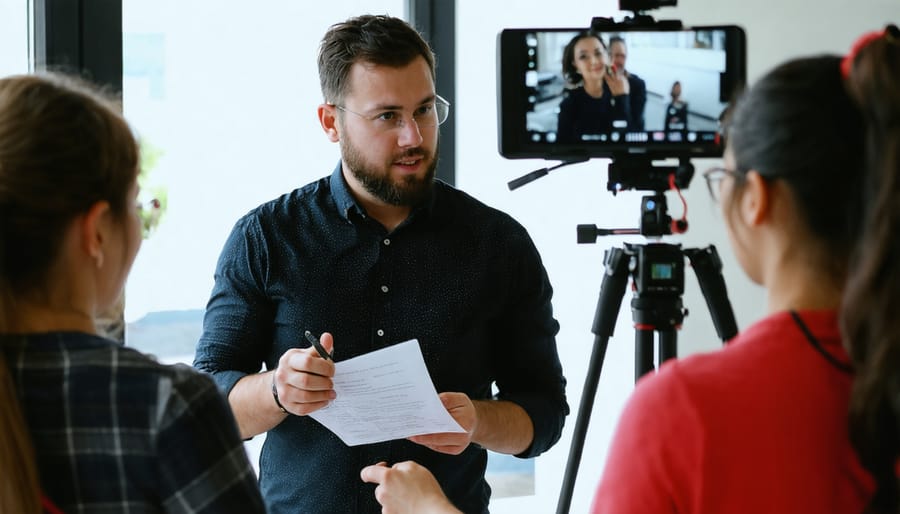
Networking with Fellow Photographers
One of the most valuable aspects of photography travel workshops is the opportunity to connect with like-minded individuals who share your passion. These workshops create an intimate environment where photographers of all skill levels can learn from each other, share experiences, and forge lasting friendships. Many participants find that the relationships built during these workshops extend far beyond the trip itself, leading to future collaborations, shared exhibitions, and ongoing mentorship opportunities.
The photography community thrives on connection, and workshops provide a natural setting for networking. During breaks between shooting sessions, participants often exchange tips, discuss gear preferences, and share their creative journeys. These conversations can lead to involvement in virtual photography meetups and online photography groups that keep the creative momentum going long after the workshop ends.
Consider exchanging contact information with fellow participants and instructors. Many workshop alumni create private social media groups to share their work, plan future meetups, and continue supporting each other’s photographic growth. These connections can become invaluable resources for feedback, equipment recommendations, and professional opportunities in the future.
Photography travel workshops represent a powerful intersection of adventure, education, and creative growth. These immersive experiences offer far more than just technical instruction – they have the potential to transform your entire approach to photography while creating lasting connections through valuable photographer networking opportunities.
By combining hands-on learning with real-world shooting scenarios, these workshops help you develop both technical mastery and artistic vision. You’ll return home not just with a collection of stunning images, but with newfound confidence, expanded creative horizons, and practical skills you can apply to any photography situation.
Getting started is easier than you might think. Begin by identifying your specific learning goals and the type of photography that most interests you. Research workshop leaders whose style and teaching approach resonate with your needs. Consider factors like destination, group size, and skill level requirements to find the perfect fit.
Don’t let budget constraints hold you back – many workshops offer early-bird discounts or payment plans. Start small with a weekend workshop if you’re unsure, or dive into an extended international experience if you’re ready for a more immersive adventure.
Remember that every professional photographer was once a beginner. These workshops provide a supportive environment where you can learn, grow, and challenge yourself alongside like-minded individuals. Whether you’re looking to turn pro or simply want to take better travel photos, a photography workshop could be the catalyst that takes your work to the next level.
Take that first step today – research upcoming workshops, reach out to organizers, and prepare to embark on a journey that will forever change how you see and capture the world through your lens.
